The digital divide in Africa remains a significant challenge, but numerous ambitious initiatives—led by international, local, and private actors—are striving to close the gap. These strategies aim not only to provide Internet access but also to ensure sustainable digital inclusion, which is essential for the continent’s social and economic development.
International Initiatives to Accelerate Connectivity

Partner2Connect de l’Union Internationale des Télécommunications (UIT)
Launched in 2022, Partner2Connect is one of the world’s largest global coalitions focused on expanding connectivity in underserved areas. The goal is to mobilize over $30 billion in investment by 2025 to improve digital access for remote communities, especially in Africa.
To date, more than 600 commitments have been recorded, including projects aimed at building rural infrastructure and developing local digital skills.
UNESCO’s Global Education Coalition
Originally launched in response to the educational crisis caused by COVID-19, this coalition remains a key player in strengthening digital resilience. Working with over 200 partners, it provides hardware, educational platforms, and teacher training in African countries like Mali, Madagascar, and Niger.
To meet the demand for better Internet infrastructure, Google has invested in the Equiano submarine cable, linking Portugal to South Africa with stops along the African coast. This cable is expected to increase available bandwidth in countries like Nigeria and South Africa by up to 20 times while reducing Internet costs by up to 21%.
Local and Private Initiatives: Adapting to Realities on the Ground
MTN Ghana : développement des hubs numériques et bourses Bright Scholarship
Telecom operator MTN has established ICT access centers in rural Ghana, offering free training in both basic and advanced digital skills. Their Bright Scholarship program also provides financial support to underprivileged students attending local universities.
Smart Rwanda Plan – A National Model
Rwanda has become a digital transformation role model. Through the Smart Rwanda Master Plan, the country aims to digitize 100% of public services and reach 95% 4G coverage by 2025. The plan includes efforts to lower smartphone costs, promote online learning, and support rural digital entrepreneurship.
The Key Role of Financial Institutions

World Bank – West Africa Digital Transformation
In 2024, the World Bank launched several programs aimed at connecting 400 million people in West and Central Africa. These projects go beyond infrastructure, focusing also on developing essential digital skills for inclusive economic participation.
African Development Bank – Plan for 230 Million Africans
The Digital Transformation Action Plan (2024–2028) by the African Development Bank aims to train 230 million Africans in digital skills by 2030. This initiative targets both youth and adults with training modules ranging from basic computer use to cybersecurity and data science.
Developing Technological Alternatives
Offline Solutions – Internet Without Continuous Connection
Devices like DataCup store and distribute educational, health, and administrative content in areas with no Internet access. This type of innovation bypasses infrastructure limitations while still enabling digital inclusion.

Renewable Energy to Power Connectivity
Energy challenges remain central. Solutions like PowerCup (a solar-powered energy device paired with DataCup) demonstrate how digital access can be approached sustainably, ensuring reliable power in areas without traditional electricity networks.
Conclusion
To sustainably bridge the digital divide in Africa, improving network access is not enough. A comprehensive strategy is needed—one that includes building appropriate infrastructure, ensuring access to devices, fostering digital literacy, and securing reliable energy sources.
Current initiatives—whether international, local, or private—show that Africa is moving toward more inclusive and equitable connectivity. But to make lasting progress, strong collaboration between governments, businesses, NGOs, and local communities is essential.
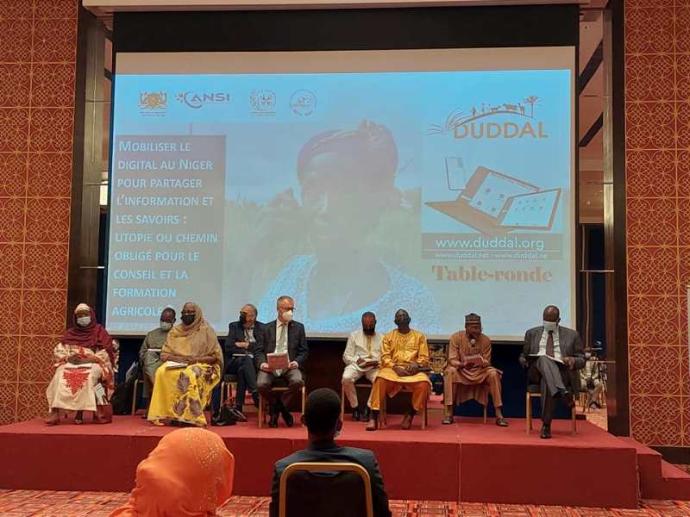 Duddal
Duddal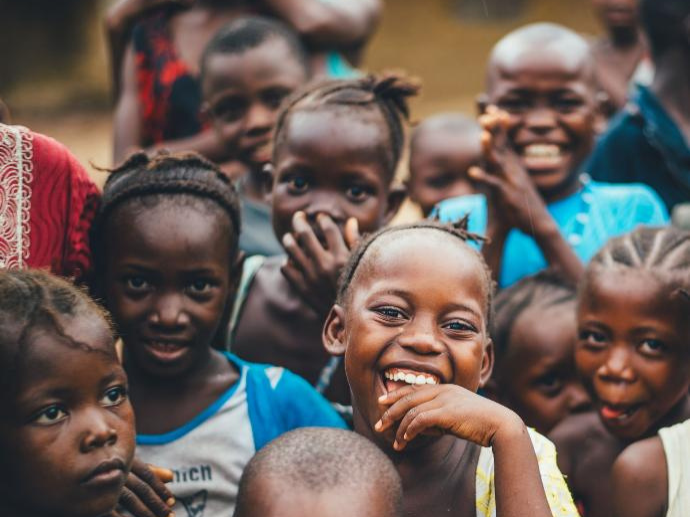 SOS Village d'Enfants Niger
SOS Village d'Enfants Niger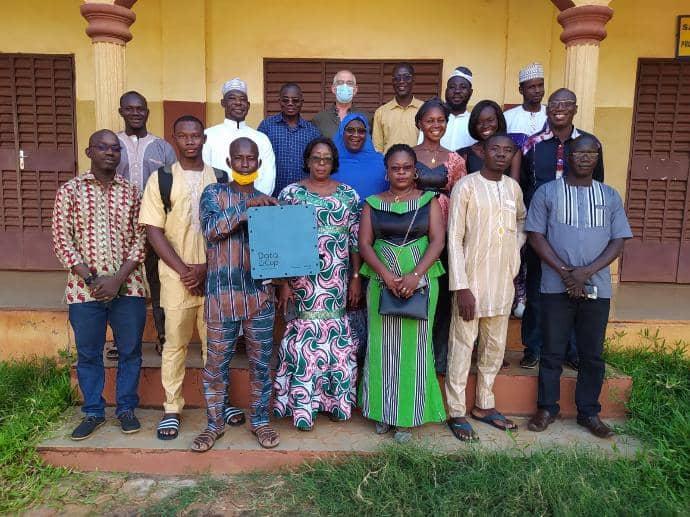

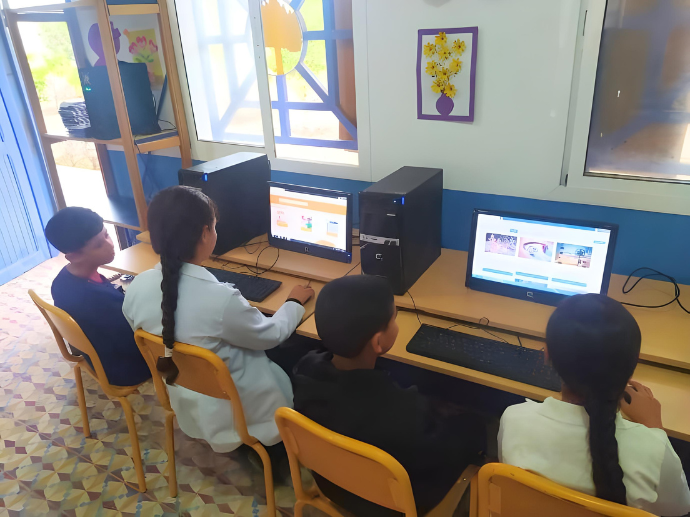
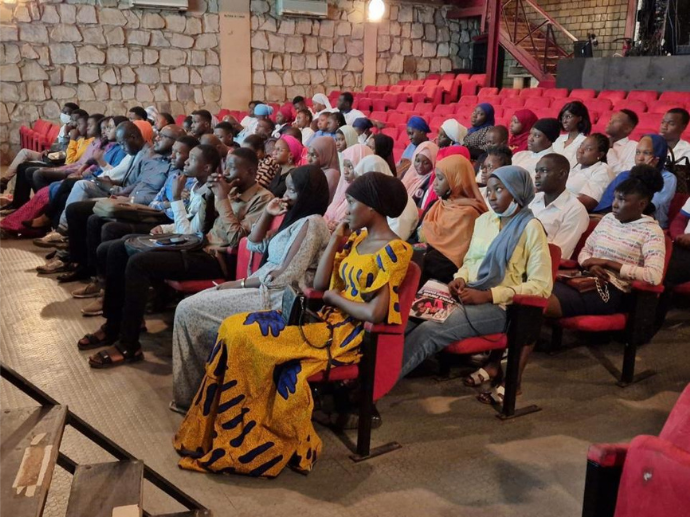
What Initiatives (Local or International) and Strategies Could Reduce These Inequalities?